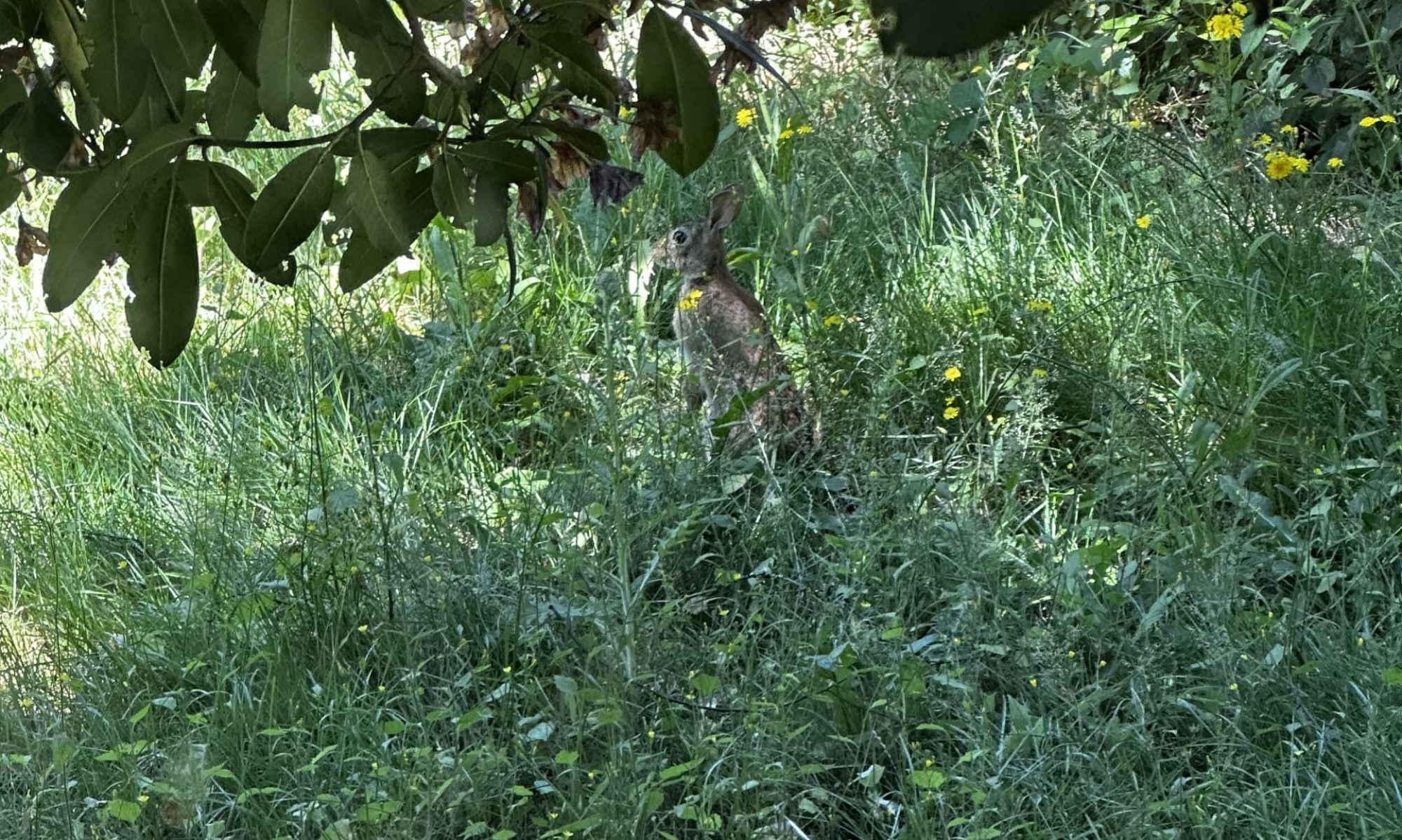What makes you come alive? What keeps you going ? Is there hope in your heart still or has the weariness of the world attached itself to you like a limpet leaving you afraid and passionless? Do you wake up with a smile and stars in your eyes after restless, feverish soul-searching in the night? Do you dream, dream beyond what is possible and beyond the narrow confines of your jaded existence? How old do you feel? How much in love can you fall? How much step is there in your dance, o how many notes left in your song? Have you decided to sit by and watch others dance or weep at the dying notes of your own swan song?
Shake your lethargy. Come alive to innocence once more. Believe past your own jaded cynicism. Pretend you are young once more. Jump up with a spring in your feet, fall breathlessly in love again. Let the colors of the world wash over your walls, brushing the greys away. Let the sunlight of hope flood through your doubting self, o let the music play.
Dance till you ache and drop, laugh till you cry. Sing till your lungs burst, and journey till the very road ends and dream by the moonless starless nights. Sleep with a secret smile on your lips, your body flush with the imprints of lips. Come alive, my dearest …reclaim yourself from the living dead. ~Srividya Srinivasan
After a very traumatic year (2017), followed by a year of trying to find my footing again (2018), I welcomed the new year of 2019.
As 2018 came to and end and 2019 began, I felt a huge shift within me that, if I’m honest, started in the spring of 2018, but that I wouldn’t begin to recognize until October of that year, and wouldn’t fully acknowledge or accept until that mid-December.
This is what our personal change and growth can look like. The changes can be happening within us, without us being fully aware or wanting to fully admit them. And yet, they are there, they exist, they are happening, and in so many ways we can’t stop them.
Entering 2019, I felt I was on the other side of the traumatic events of 2017. I had a sense of calm and peace and happiness that I didn’t know if I could say I had ever truly felt before in my life.
Getting to this place, accepting that I was in this place, was a process. Acknowledging that I actually felt freedom, calm, joy… it had been a process of reclaiming who I truly am.
Over the years, I can see how I got lost in adulthood. In motherhood. In wifehood. In the idea of what it means to be a “grown up” and do “grown up” things. I knew that parts of me were being lost in this process, and told myself, that is just part of becoming, being, an adult.
It was a good story.
A truth is, we don’t have to lose who we are in order to become an adult. We don’t have to sacrifice the things we like and love about ourselves in order to be “good parents” or spouses/partners, or employees.
True growing up doesn’t look like stuffing those parts of ourselves that we love, that actually truly define us, down. It doesn’t look like “playing a role” because that’s how we think adults/partners/parents “should” act.
True growth, and growing up, looks like celebrating who we are. Yes, our interests will grow and shift. Yes, there will be times when we need to prioritize others and put our own wants and needs on hold for a period of time (as in, not forever).
We all lose ourselves from time to time. It takes courage to acknowledge this, and even more courage to begin the process of reclaiming who we are, what we want, what we love.
Coming home to our bodies is part of that process. Relearning who we were and who we want to be is part of that process. Reclaiming our own truth, our own wants, our own needs.
Reclaiming is part of our process of personal change and growth, and also part of our trauma processing work. Reclaiming who we are, at our core, reclaiming our life as out own, so that we can stop surviving and begin thriving, can be intense.
And I would say, this is what truly being an adult is about.
/../
This essay was originally published in my weekly(ish) newsletter on January 28, 2019. It has been edited and revised for publication here. To receive my most recent essays, subscribe to my newsletter here.
We will be exploring reclaiming parts of our Self and life in the seven week program Embodied Writing that begins on January 27, 2020. To learn more and register, click here.
